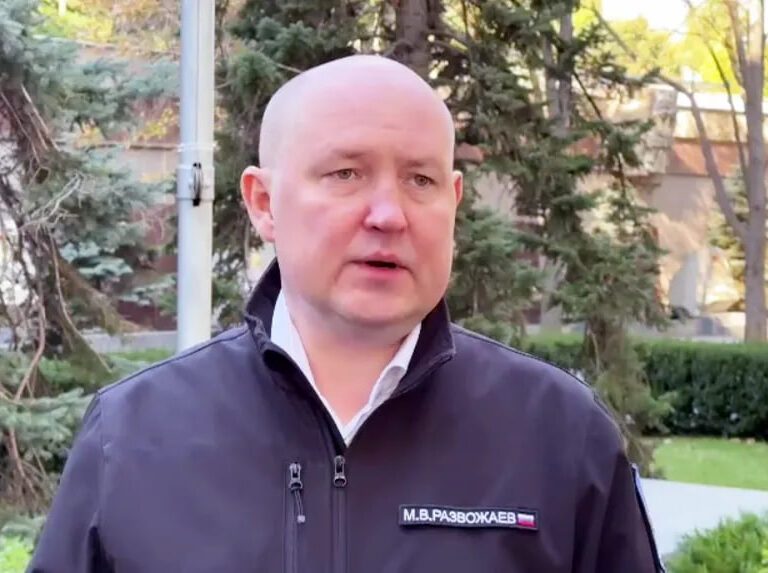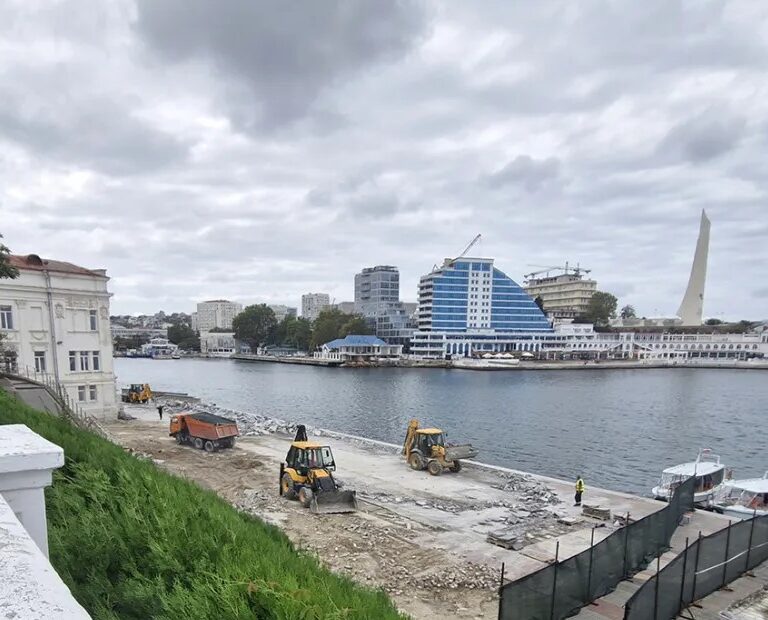On December 15, the UN General Assembly adopted the regular annual resolution “Situation of human rights in the temporarily occupied Autonomous Republic of Crimea and the city of Sevastopol, Ukraine”; 82 countries voted “for” this document, and 14 “against”. At the same time, 65 states supported last year’s resolution of the General Assembly, and 25 states were “against” in 2021. This series of resolutions annually, since 2016, expands the list of violations of the occupying state and establishes mechanisms their monitoring, including the special annual report of the UN Secretary General.
It is expected that in the context of a large-scale Russian invasion, many of the theses of the 2022 resolution have become new – for example, it condemns the use of Crimea for unprovoked aggression against mainland Ukraine and for the attempted illegal annexation of the Kherson and Zaporizhzhya regions. The resolution condemned the incitement by the occupiers in the Crimea of hatred towards Ukraine and Ukrainians, as well as the spread of disinformation by the Russian Federation, criminally seeking to “justify” Russia’s aggression, including the “education system”.
The resolution indicates that the aggression of Russia against Ukraine has significant long-term negative consequences for the environment of the occupied Crimea. The document also states that the occupation regime forced a large number of Crimean residents to flee Crimea, it points out the facts of the criminal deportation of the population to and from the Crimea by the Russian occupiers, as well as criminal “filtering procedures” applied, in particular, to displaced persons.
The resolution requires the Russian invaders to stop the illegal “conscription” and “mobilization” of the inhabitants of Crimea, and it also pays great attention to the abducted Ukrainian children. Thus, the UN General Assembly, in a resolution, requires Russia to immediately and unconditionally cancel the “procedures for obtaining Russian citizenship” by Ukrainian orphans, to provide the relevant UN bodies with full information about Ukrainian children forcibly transferred or deported, including illegally “adopted”, to stop such criminal practices and return the children to their Ukrainian families.
In addition, within the framework of the UN human rights monitoring mechanisms, our Association has sent more than 70 messages and appeals to authorized UN officials since March 2022 on the situation in the Crimea, of which more than 30 were published by the Organization and a significant part was taken into account in the work of the UN, including preparation of briefings to the General Assembly.







